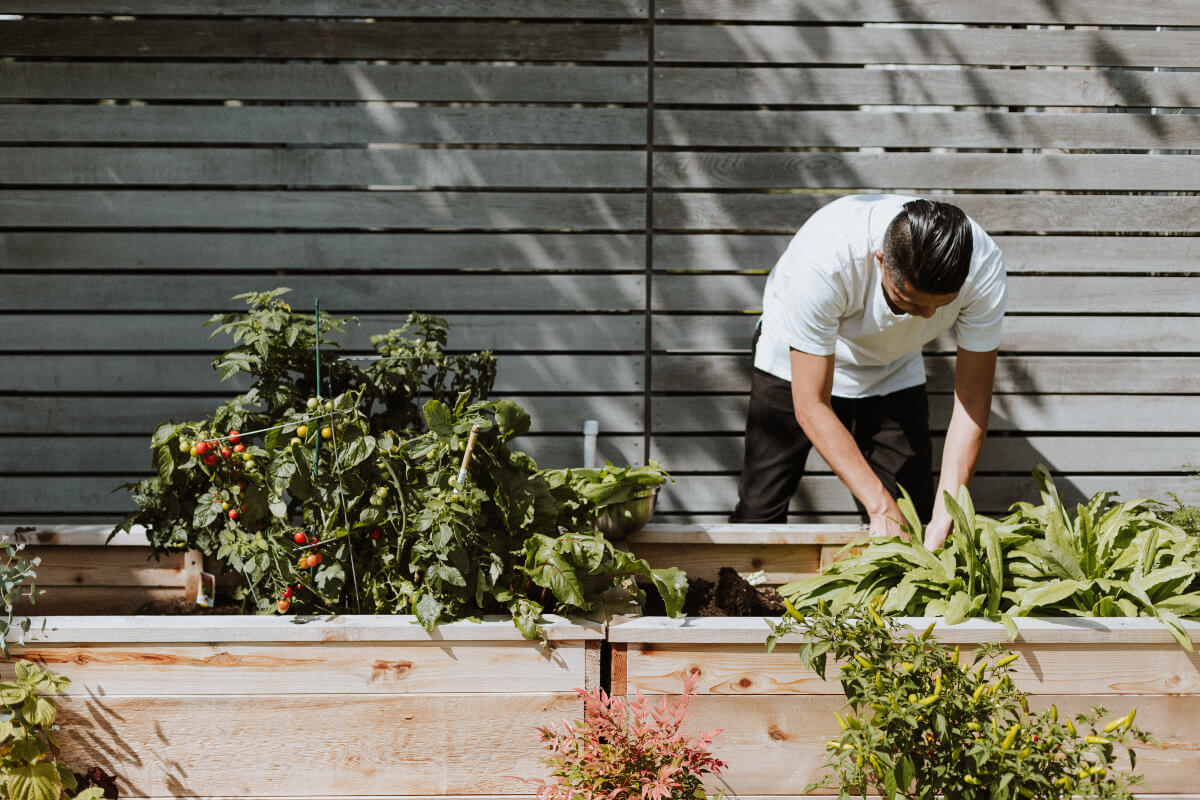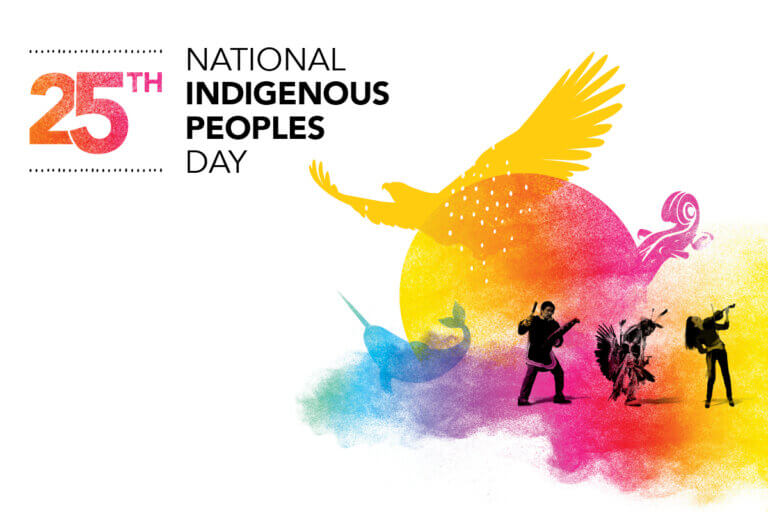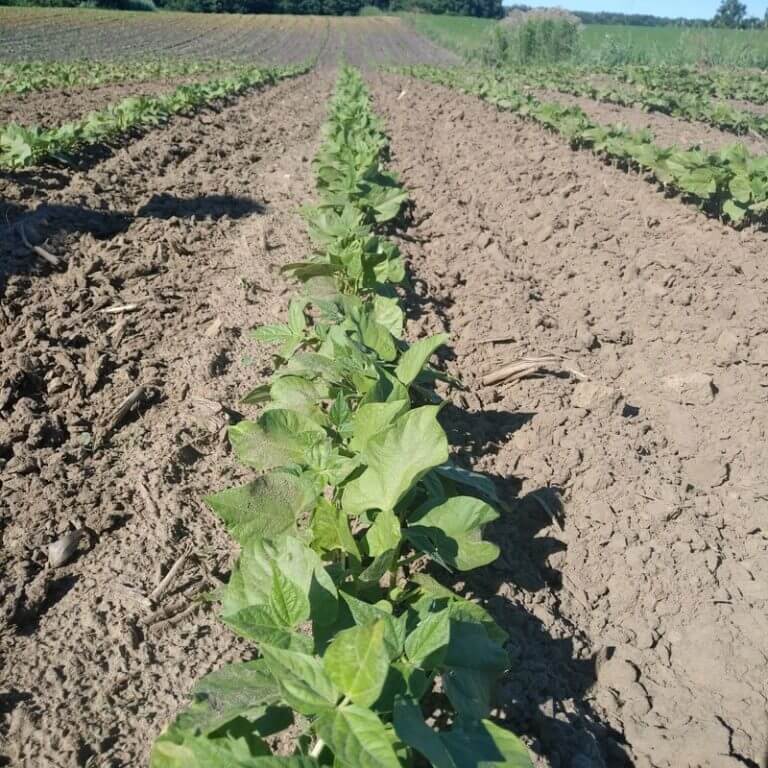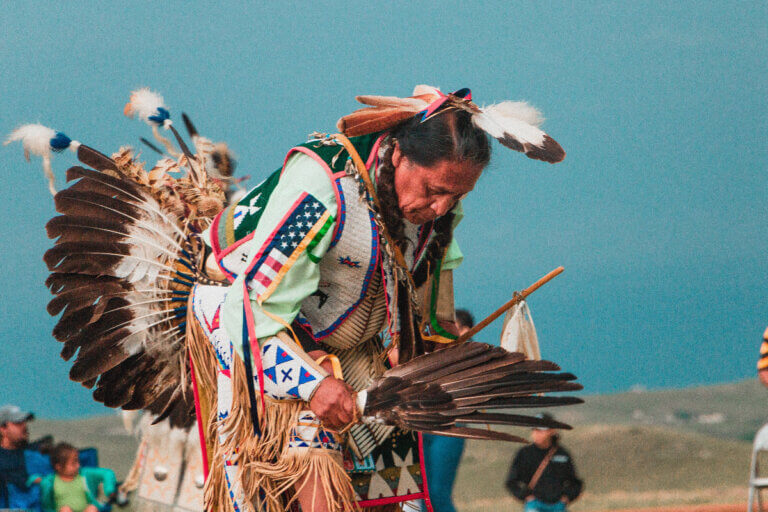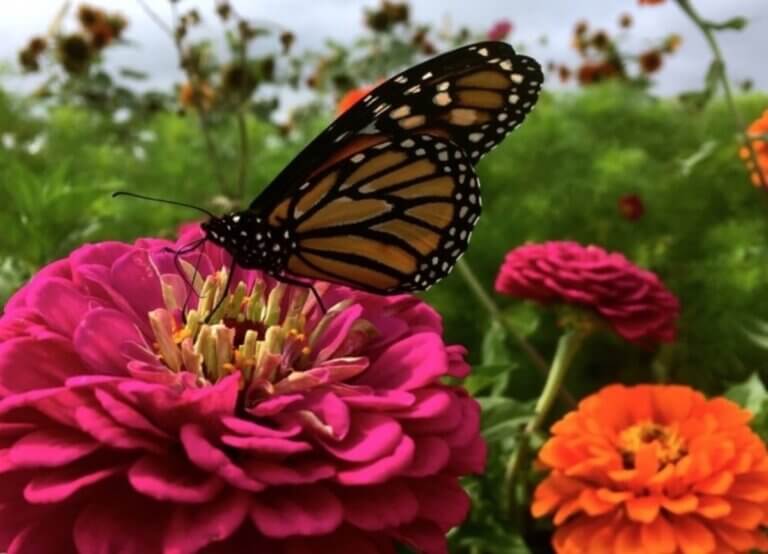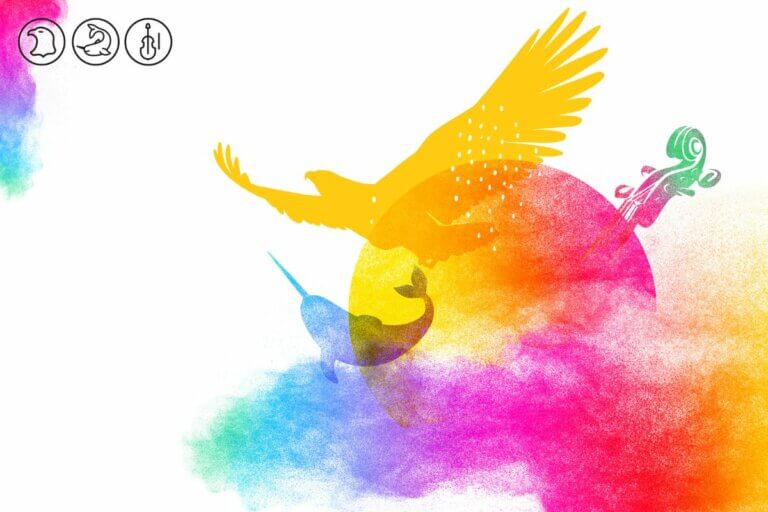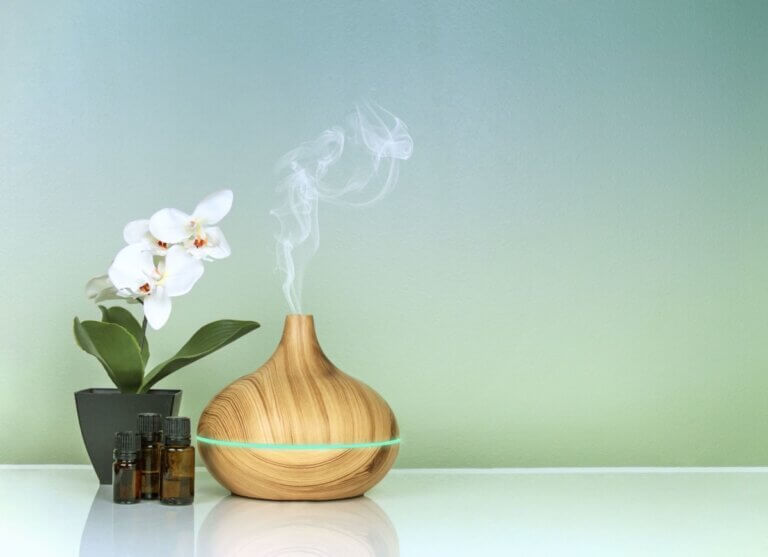When you garden, “everything becomes super, hyper local,” says Joanna Tschudy, community garden coordinator for the Calgary Horticultural Society.
Having a garden, no matter how small, can make a difference and help the environment — and if more people get involved in gardening, our society will benefit in all kinds of ways.
“Food security is massive,” Tschudy says. “Gardening gets us engaged and empowered.”
Gardening Gives so Much More Than Food
For most city dwellers, gardening isn’t just a way to grow your own food. For example, by volunteering with a community garden, you may get to know some of your neighbours and be more connected.
“And when we touch the soil, we are healthier for it — there is science behind that fact,” Tschudy says. “That alone is reason enough to do it.”
Even if you have just one little planter and are growing a flower, she says that still makes a difference: “You start to see the interconnectedness of things.”
Gardening Can Help Lighten Our Carbon Footprint
Even something as simple as planting wildflowers in your garden can have long-term benefits for the environment and your local ecosystem.
When you’re gardening, you are learning about your environment — like getting to know the difference between a bee, a wasp and a hoverfly. You also learn about when to get involved, and when to step back.
For example, nature deals with pests itself through the predator-prey cycle. If you’re feeling antsy about aphids, you could decide to wait it out — or only take very gentle steps, like spraying water or using floating row covers to protect your plants — and you will often see beneficial predators coming through that will feed on those aphids and balance things out.
“We don’t hold all the knowledge,” Tschudy says. “Gardening is something that really invites us to slow down, observe and see how things are connected. Ultimately, that is where we can have a big impact environmentally and lighten our footprint.”
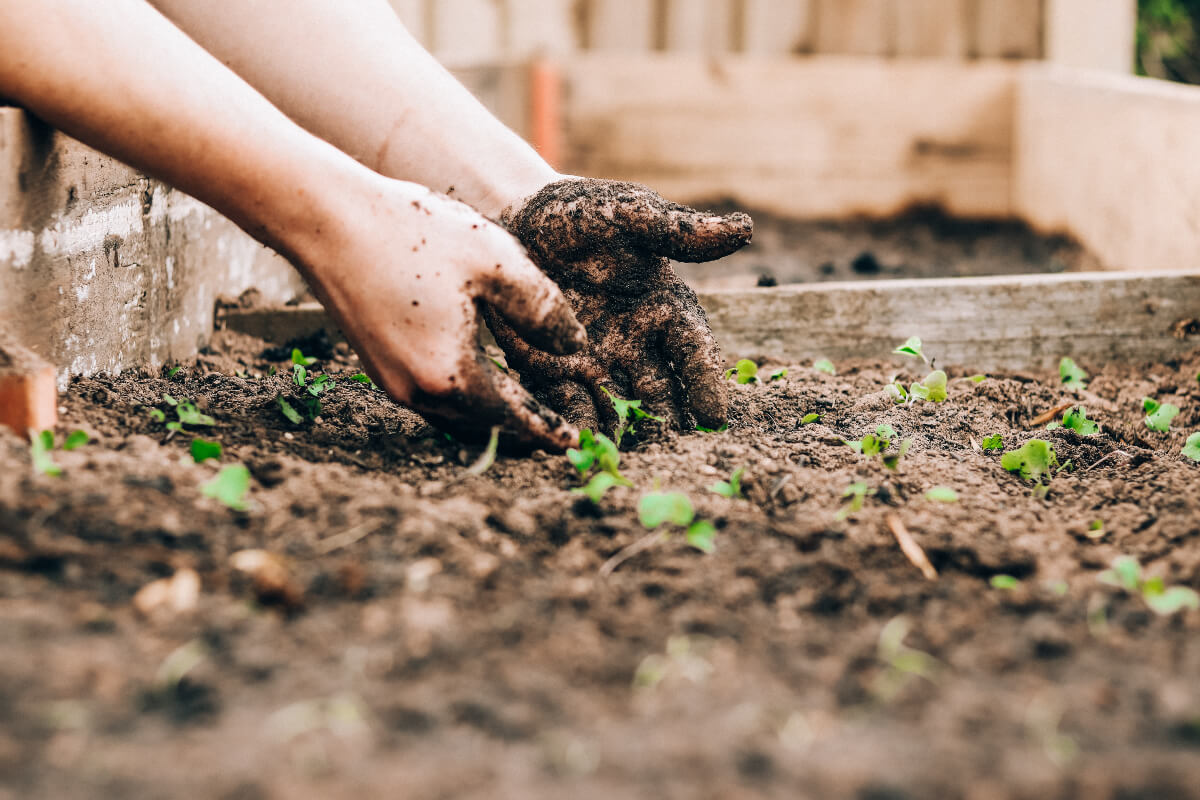
Soil is ‘Invaluable’ in Gardening
If there’s one thing Tschudy wants people to know, it’s that soil is not dirt — soil is invaluable, and it’s living: “There is a whole world under our feet.”
Related Articles
People can do damage with monocultures, which leads to the loss of top soil. Tschudy says indiscriminate use of pesticides, herbicides and fungicides — “all methods of controlling and killing things without understanding them” — is also problematic.
She says these things “are going into our watersheds, into our bodies and the bodies of our loved ones, into our pets, and into insects and other visitors to the garden.”
Healthy Soil, Healthy Food, Healthy Life
According to Tschudy, the answer is simple: people have to decide what their role is.
“It’s one of being more humble, observing and finding a really patient, light way of interacting — because everything we touch, echoes,” she says. “We just have to recognize that web we are in, to make a positive change through gardening. When you have living, healthy, well-fed, balanced soil, everything comes easily after that. You have more nutrition in your crops, you have more yield and you are healthier for it.”
Nutrition plays a key role in how we feel. Healthy eating improves energy levels, reduces cravings and hunger, improves concentration and productivity, boosts the immune system and helps manage stress and anxiety.
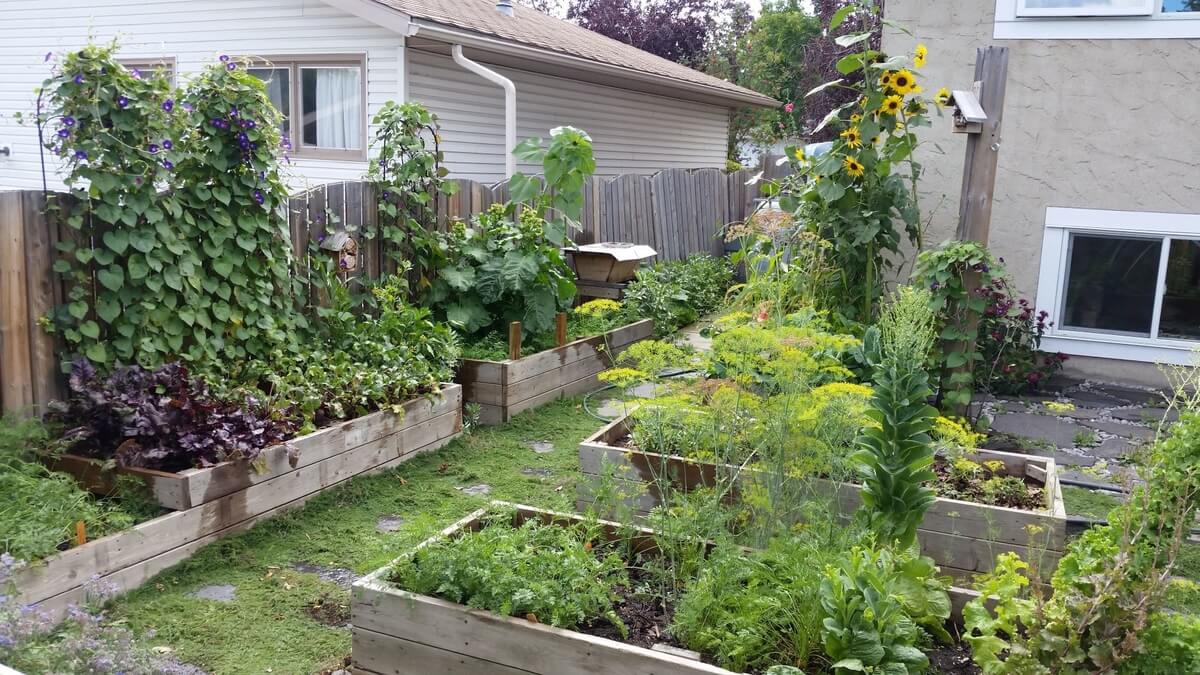
Anyone Can Start Gardening
For people who haven’t gardened before, she says it’s easy to start: “Soil is alive, and it’s as complicated and intricate as we are. That being said, it also shouldn’t make people feel like it’s unapproachable. As any kid knows, you just get your hands in there, you fail, you get up and you keep going. Good, healthy soil is the basic first step that leads to success.”
To get your hands in the soil, check out the community garden resource page from the Calgary Horticultural Society. The David Suzuki Foundation also has a comprehensive resource on gardening for beginners.
More Ways to Incorporate Sustainability into Your Daily Life
Besides gardening, there are lots of simple, easy things you can do to incorporate sustainability into your daily life.
As a consumer, you can opt for eco-friendly home products, switch to plastic-free storage and shop sustainable fashion. If you want to reduce and reuse, you can incorporate used clothing into your closet and upcycle your clothes.
Day-to-day, you can cut down on water usage, walk or bike instead of driving, and eat more vegetarian meals, all of which are actions that will help save the oceans. By committing to small changes, we can all do our part to move towards sustainability.
